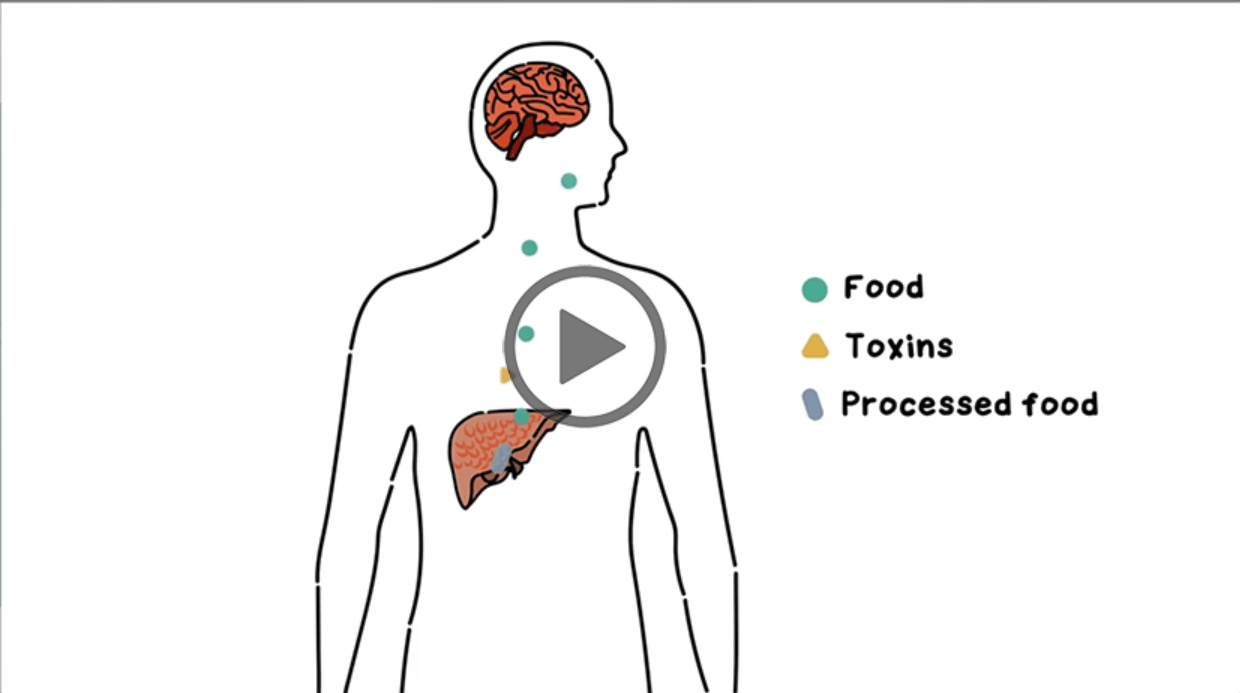What is Hepatic Encephalopathy?
Hepatic encephalopathy (HE) is a complication of cirrhosis, a severe form of chronic liver disease. One of the important functions of the liver is to clean the blood. When the liver is damaged, it can no longer properly clean toxins (like ammonia) from the blood. This buildup of toxins can reach the brain, potentially causing HE and worsening brain function. Symptoms of HE can be both physical and mental; in early stages, symptoms can start slowly and may go unnoticed. With the help of a healthcare provider, appropriate medications and lifestyle management may help manage the disease.
Hepatic encephalopathy can be considered either “covert” or “overt”:
Covert hepatic encephalopathy
Symptoms are minimal and can go unnoticed, even by a healthcare provider.
overt Hepatic encephalopathy
Symptoms are more noticeable to other people.
The Symptoms of Hepatic Encephalopathy
Your healthcare provider may tell you what "grade" of HE you or your loved one has. Minimal hepatic encephalopathy and grade 1 are considered covert HE. Grades 2, 3, and 4 are considered overt HE, with grade 2 being the least severe, and grade 4 being the most severe.
Hepatic encephalopathy symptoms outlined by grade include:
- Lack of awareness
- Euphoria
- Depression or anxiety
- Shortened attention span
- Difficulty with addition or subtraction
- Altered sleep patterns, including insomnia
- Lack of energy or interest
- Confused sense of date and time
- Obvious personality change
- Inappropriate behavior
- Uncoordinated movements
- Tremor or flapping of the wrists
- Sleepiness or stupor
- Responds to stimuli
- Confused sense of place or where one is
- Extreme disorientation
- Complete unresponsiveness (hepatic coma)
If you have chronic liver disease, such as cirrhosis, and are experiencing any of these symptoms, talk to your healthcare provider about the possibility of HE. Early diagnosis and treatment are key to helping manage the disease state.
After someone starts to show HE symptoms or has an overt hepatic encephalopathy episode, they are at risk of having more overt episodes in the future. Hospitalizations may occur as a result of overt HE.
Use our symptom tracker to track your symptoms at home and talk to your healthcare provider about your symptom progression.

Managing Hepatic Encephalopathy
It will take teamwork among you, your loved ones, and your healthcare provider(s) to help manage HE.
Scheduling regular appointments with your healthcare provider is important for managing HE. Your HCP can confirm if your management plan is working and shift plans as needed. Be honest with your healthcare provider(s) about your symptoms or any challenges you may be facing.
Download these tip sheets to help talk to others about your HE.

Managing Hepatic Encephalopathy
It will take teamwork among you, your loved ones, and your healthcare provider(s) to help manage HE.
Scheduling regular appointments with your healthcare provider is important for managing HE. Your HCP can confirm if your management plan is working and shift plans as needed. Be honest with your healthcare provider(s) about your symptoms or any challenges you may be facing.
Download these tip sheets to help talk to others about your HE.
Learn About a Medication
Learn more about a medication option that may help adult patients with overt hepatic encephalopathy.

While each patient’s journey with HE is different, remember that you are not alone in your diagnosis. There are other patients going through a similar experience.
Watch this video to learn more about the disease experience.
WATCH THE VIDEOHED.0049.USA.24

While each patient’s journey with HE is different, remember that you are not alone in your diagnosis. There are other patients going through a similar experience.
Watch this video to learn more about the disease experience.
WATCH THE VIDEO



